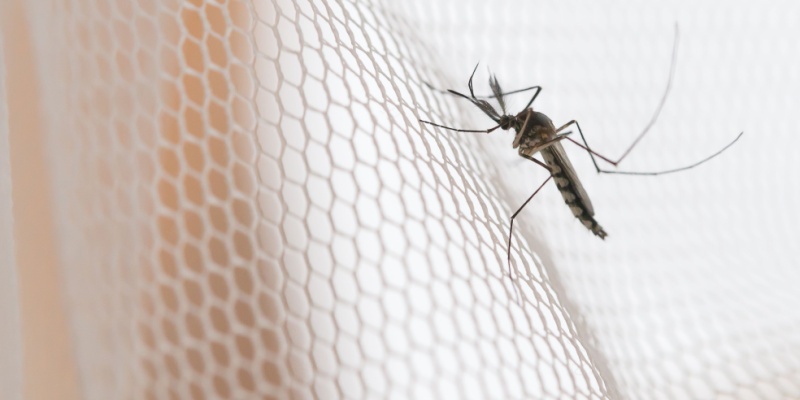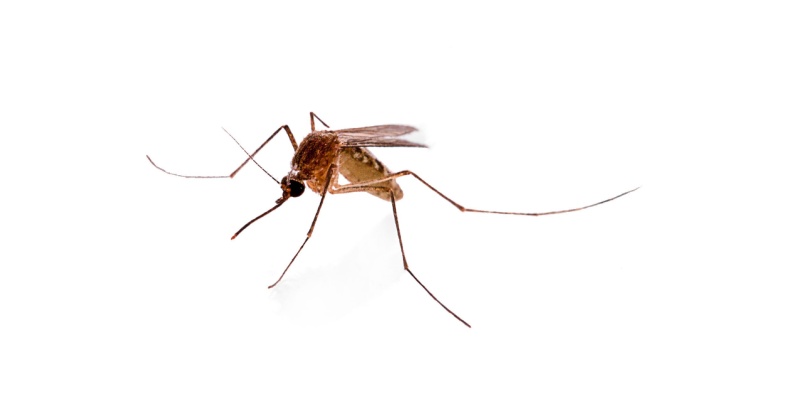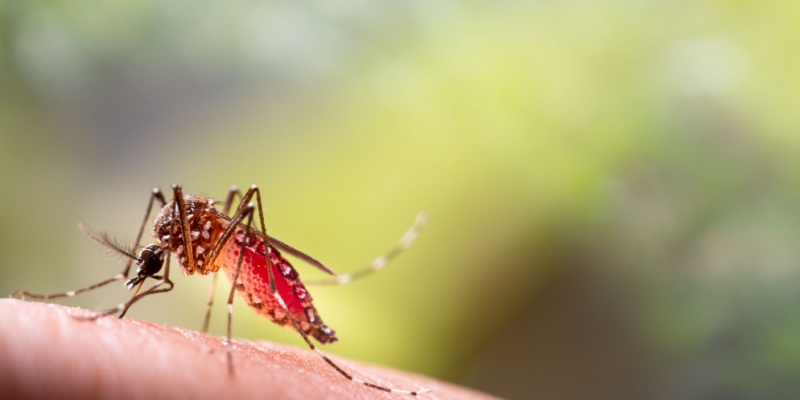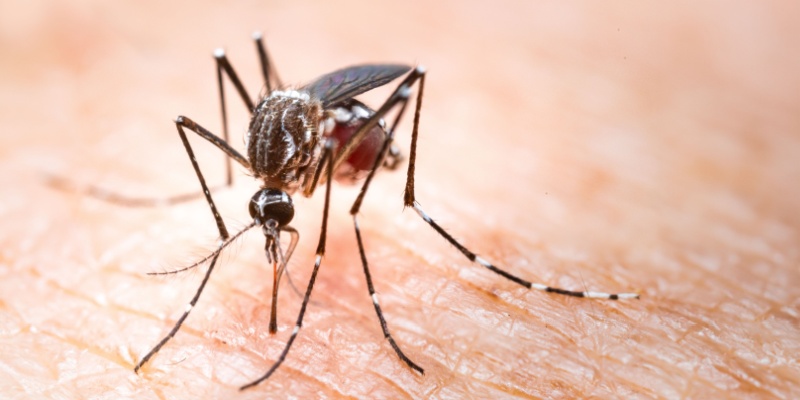When it comes to mosquito control, misinformation abounds. From ultrasonic devices to vitamin supplements, countless products claim to offer mosquito-free living. At Trio Pest Control, we believe Indianapolis residents deserve facts, not fiction, about what truly works to reduce mosquito problems. Let’s separate myth from reality and explore effective solutions.
Common Mosquito Control Myths
Myth #1: Bug Zappers Effectively Control Mosquitoes
The Claim: Electric bug zappers attract and kill mosquitoes, reducing populations around your home.
The Reality: Bug zappers are largely ineffective against mosquitoes and may actually harm beneficial insects. Studies show that mosquitoes make up less than 1% of insects killed by typical bug zappers. These devices primarily attract and kill beneficial insects like moths and beetles while having minimal impact on biting mosquitoes.
Mosquitoes are primarily attracted to carbon dioxide and body heat—not the ultraviolet light used in most zappers. Your money is better spent elsewhere.
Myth #2: Citronella Candles Provide Complete Protection
The Claim: Burning citronella candles creates a mosquito-free zone around your patio or deck.
The Reality: Citronella candles provide minimal protection in a very limited area. Studies show they reduce mosquito landings by only about 14% compared to unprotected areas. Wind easily disrupts the small amount of repellent they release, and the protection doesn’t extend beyond a few feet from the candle.
While citronella does have some repellent properties, candles don’t release enough concentrated oil to effectively repel mosquitoes throughout an outdoor space.
Myth #3: Ultrasonic Repellers Drive Mosquitoes Away
The Claim: Devices emitting high-frequency sounds will repel mosquitoes from your yard.
The Reality: Multiple scientific studies have conclusively shown that ultrasonic mosquito repellers simply don’t work. Despite decades of testing, no sound-based device has demonstrated effective mosquito repellency. The Federal Trade Commission has even taken action against several manufacturers for making false claims.
Mosquitoes don’t have ears in the conventional sense—they detect sound through antenna vibrations, and there’s no evidence they’re repelled by particular frequencies.
Myth #4: Taking Vitamin B1 Prevents Mosquito Bites
The Claim: Consuming vitamin B1 (thiamine) makes your blood or sweat unpalatable to mosquitoes.
The Reality: Despite its popularity, no scientific evidence supports the idea that vitamin B1 supplements reduce mosquito bites. Controlled studies have repeatedly shown no difference in mosquito landing rates between people taking vitamin B1 and those not taking it.
Mosquitoes are attracted to carbon dioxide, body heat, and specific compounds in sweat—none of which are significantly altered by vitamin B1 consumption.
Myth #5: Dryer Sheets Repel Mosquitoes
The Claim: Tucking dryer sheets in pockets or placing them around outdoor areas drives mosquitoes away.
The Reality: While some preliminary lab studies suggest certain chemicals in some dryer sheet brands might have mild repellent properties, real-world effectiveness is minimal at best. The concentration of these chemicals is too low to create meaningful protection in outdoor settings.
Myth #6: All Mosquito-Repellent Plants Effectively Protect Your Yard
The Claim: Planting citronella, lavender, or marigolds creates a mosquito-free yard.
The Reality: While these plants do contain oils with some repellent properties, intact plants release very little of these oils into the air. The effect is generally limited to a few inches around the plant itself. Crushing the leaves releases more oils but still provides only short-term, localized protection.
These plants may be slightly helpful as part of a comprehensive mosquito management plan but won’t significantly reduce mosquito problems on their own.
What Actually Works
1. Eliminating Standing Water
Effectiveness: High Why it works: Removing breeding sites directly prevents mosquito reproduction. Since mosquitoes need water to complete their life cycle, eliminating standing water can dramatically reduce local populations.
Take time weekly to empty or treat water in:
- Flowerpot saucers
- Bird baths
- Children’s toys
- Gutters
- Tarps and pool covers
- Tire swings
- Pet water bowls
2. EPA-Registered Repellents
Effectiveness: High for personal protection Why they work: These products have undergone extensive testing to demonstrate both safety and efficacy.
Effective ingredients include:
- DEET (still the gold standard for effectiveness)
- Picaridin (nearly as effective as DEET, with less odor)
- Oil of Lemon Eucalyptus (plant-based option with good efficacy)
- IR3535 (effective for shorter periods)
3. Physical Barriers
Effectiveness: High Why they work: Fine-mesh screens physically prevent mosquito entry.
Key barriers include:
- Window and door screens (inspect regularly for tears)
- Bed nets (particularly for sleeping porches or camping)
- Screened porches and gazebos
4. Larvicides in Permanent Water Features
Effectiveness: High for targeted areas Why they work: Products containing Bacillus thuringiensis israelensis (Bti) specifically target mosquito larvae without harming other wildlife, fish, or pets.
Use in:
- Ornamental ponds
- Rain barrels
- Drainage areas
- Tree holes
- Any standing water that cannot be eliminated
5. Professional Mosquito Control Services
Effectiveness: High Why they work: Professional services combine multiple control strategies and have access to more effective treatment options than consumers.
A comprehensive program should include:
- Property inspection to identify breeding sites
- Source reduction recommendations
- Targeted treatment of resting areas for adult mosquitoes
- Larvicide application where appropriate
- Regular maintenance throughout the season
Trio Pest Control’s Approach
At Trio Pest Control, we combine scientifically-proven methods to create effective mosquito control for Indianapolis properties. Our comprehensive approach includes thorough inspection, targeted treatments, and ongoing monitoring to ensure your outdoor spaces remain comfortable all season long.
Don’t waste money on ineffective gimmicks. Contact Trio Pest Control today for mosquito control solutions that actually work.



